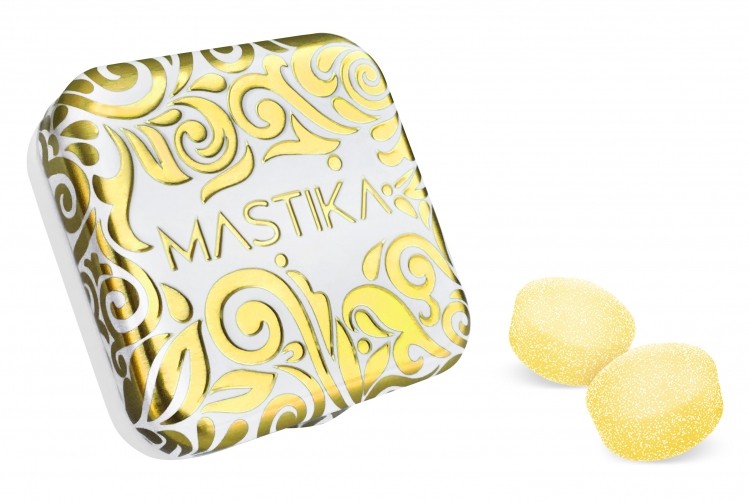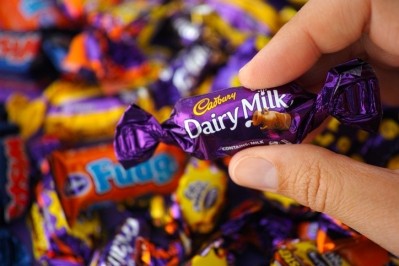Middle Eastern confectioner to save dropping US gum sales with high-end mastic gum

In 1997, the Lebanon-based company split out of its parent company M.O. Gandour, which has been mainly producing chocolate, pasta and flour since 1940, according Master Chewing Gum & Candies’ current managing partner Nael Shaar.
“We had a view of expanding the distribution of our products by ourselves,” he said.
The company originally manufactured two brands, including Cheque gum (available in both regular and gourmet flavors) and hard candy brand Pix.
“In 2015, I decided to create a strategic business unit that is currently handling the Mastika brand (the mastic gum the company hopes to bring to the US),” said Shaar.
Mass vs. high-end audiences
Shaar said, “the gum category in the US has been declining for more than five years… that’s why we decided to offer them Mastika.”
According to Nielsen data, the US gum category posted $2.83bn in sales, all channels combined in 2017. That represents a 3.4% decline compared to a year ago.
Despite the declining sales, some of the large companies including Mars Wrigley Confectionery, Mondelēz and Hershey remained in their market leader positions, especially in the sugarless gum segment, data showed.
However, the gourmet gum sector reports remarkable growth with players like Project 7 growing by triple-digit in sales year-over-year.
“The difference between us and Wrigley or Mondelēz is that they are targeting mass audiences, while we target the mid- and high-end market,” Shaar explained.
Additionally, the fluctuation of the domestic consumers’ purchase ability also drives Shaar’s company to look for markets that could generate higher value.
“I realized that the Middle East is one of the most complicated and difficult regions [to sell consumer packaged goods] because there’s a lot of change in the sociopolitical environment that is affecting the purchase power of the consumer,” said Shaar.
Because of its high-end markets targeting strategy, Master Chewing Gum & Candies has seen steady revenue increase over the last three years, growing from $3m in 2015 to $6m in 2017.
Starting with Arabic and Greek immigrants
Master Chewing Gum & Candies has been exporting Mastika to GCC (the Gulf Cooperation Council includes Saudi Arabia, Kuwait, the United Arab Emirates, Qatar Bahrain and Oman), Europe and Canada. Each tin of 12 pieces retails for around $3.
As for the US market, the company wants to start with regions where there is a large population of Arabic and Greek immigrants since they are more familiar with the mastic taste, according to Shaar.
“Mastic is an aromatic tree resin native to the Mediterranean, and it gives Mastika a pleasing floral flavor with notes of citrus and pine,” he said.
“We are currently looking at states where the majority of Arabs and Greeks live, like Michigan, and we will start looking for distributors that have experience in high-end consumer products,” added Shaar.
But how will Master Chewing Gum & Candies eventually prevail with this regional flavor in the US?
“I have noticed most companies selling the mastic gum often compromise on the quality of their products to keep their production cost low. The mastic taste of those products only lasts two to three minutes,” he said. “We also took into consideration that the consumer is looking for healthier alternatives. That’s why we only launch products made with natural ingredients.”
If Mastika successfully captures the US consumers’ palates, Master Chewing Gum & Candies could expect to generate a gross revenue of $4m from the country alone in the next five years, said Shaar.










